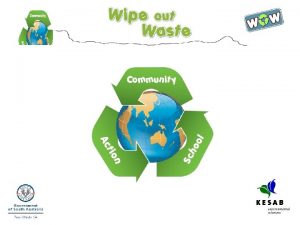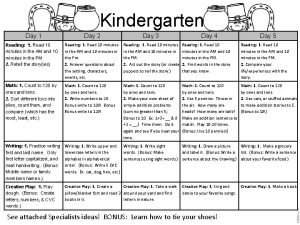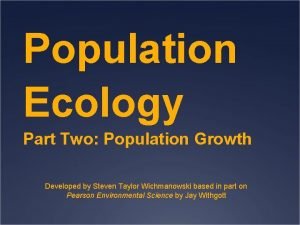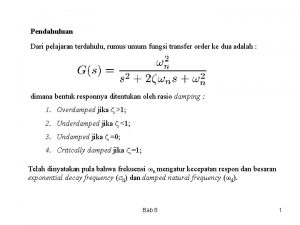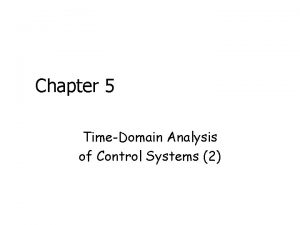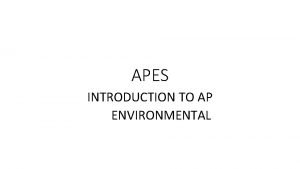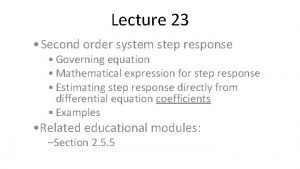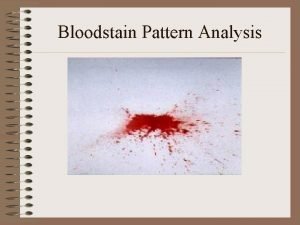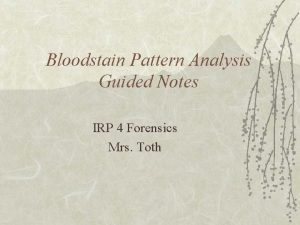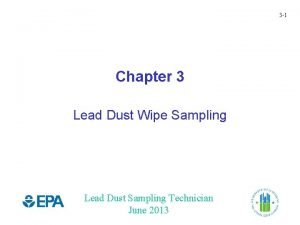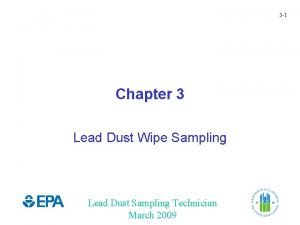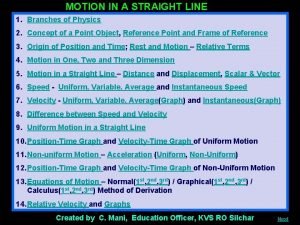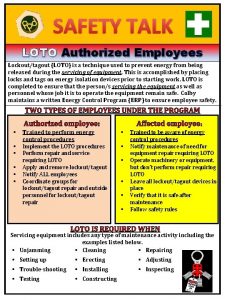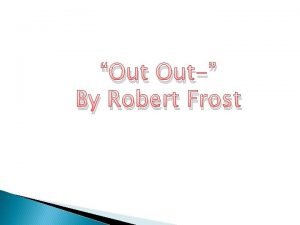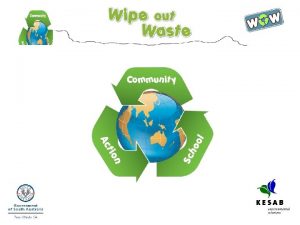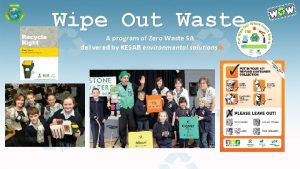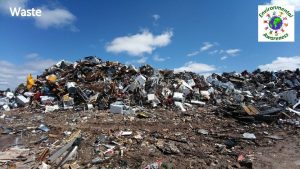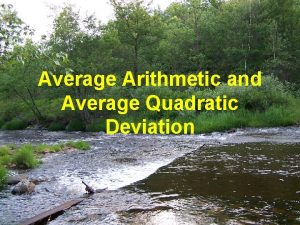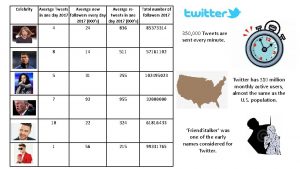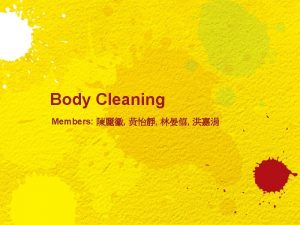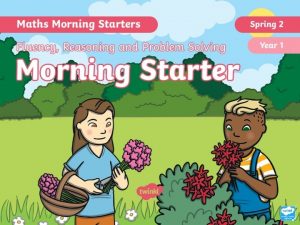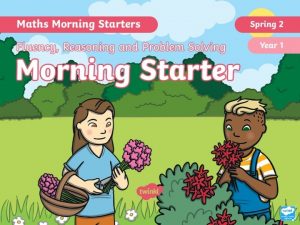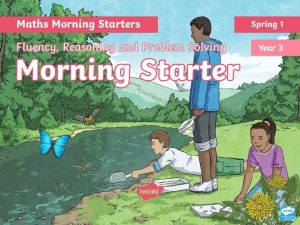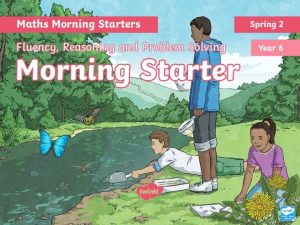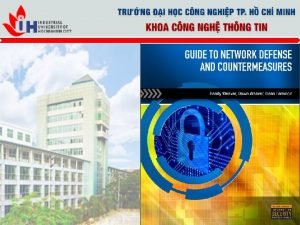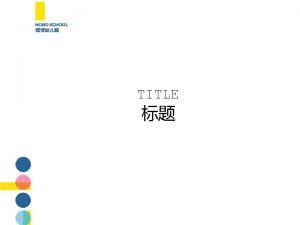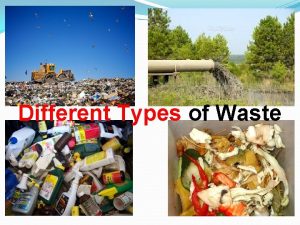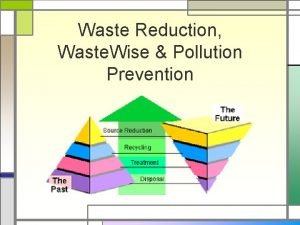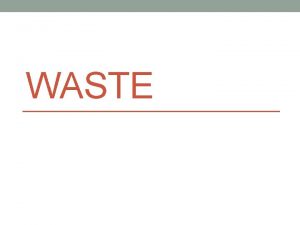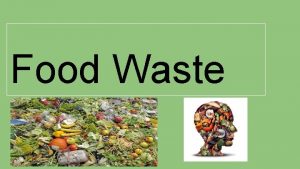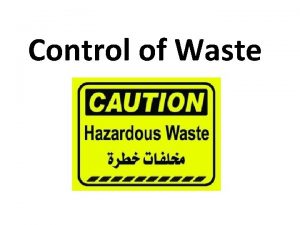CONTENTS Wipe out Waste World overshoot day Average

























- Slides: 25


CONTENTS • • • Wipe out Waste World overshoot day Average audit results from schools How much needs to go to landfill Parents contribution to school bins Parents main bin materials influenced Packaging hierarchy Uneaten food Why is there so much uneaten food?

What is WOW? Wipe Out Waste - WOW is a South Australian state-wide program to assist all sites, from pre-school to Year 12, which supports learning about and reducing waste in a whole of school community approach. WOW - Wipe Out Waste is funded by Zero Waste SAand delivered by KESAB environmental solutions. The Wipe Out Waste (WOW) program is a whole school community approach to waste management and learning. This integrated and interactive education program for schools aims to: • Improve systems to reduce waste and recover resources in schools • Monitor progress and continually improve resource recovery (waste) outcomes in the schools • Encourage and influence people to adopt more sustainable behaviour.

World Overshoot Day This is the day on which our total Ecological Footprint is equal to the bio-capacity that nature can regenerate in that year. As humanity’s consumption of resources increases, World Overshoot Day creeps ever earlier on the calendar It is calculated by calculating the ratio of global available biocapacity (supply) to global Ecological Footprint (demand) multiplied by 365. Source: Global Footprint Network www. footprintnetwork. org


Average School Material Streams Summary (volume) (29/11/12) Reusables 5% Compostables 32% Landfill Items 29% Recyclables 35%

Average School Material Streams Summary (weight) (29/11/12) Reusables 5% Compostables 60% Landfill Items 14% Recyclables 21%

Only 5% of materials in school bins must go to landfill

47% of materials in school bins comes from home

Food Scraps Packaging Food and Drink Packaging 25% Food Scraps 10% 47% From home 10 c Containers 6% Uneaten Food 6% 10 c Containers Uneaten Food

Packaging in lunchboxes

Lots of packaging! 375 Zip lock bags in 1 day!

Average number of packaging items found • On average, schools dispose of a number of packaging items in the bin everyday • Ziplocks • Cutlery • Small tubs • Squeezies • Packaging

Lunchbox Packaging Hierarchy

Nude Food Lunchboxes

Nude Food = No packaging www. 4 myearth. com. au www. nudefoodmovers. com. au


Single Serve vs Buying Bulk (Remember the packaging hierarchy) Yoghurt Tub Bulk serve: Mass: 1 kg Cost: $6. 50 Cost per kg: $6. 50 Squeezy Yoghurt (sold singly) Single serve: Mass: 70 g Cost: $1. 35 Cost per kg: $19. 17 Yoghurt Tubs (sold in 6 pack) Single serve: Mass: 100 Cost: $0. 75 Cost per kg: $7. 50

Uneaten Food 1 days worth of uneaten food with a school population of 515 students




Higher Up The Hierarchy: Reduce According to surveys and research undertaken by the Australia Institute, in 2004, Australians threw away: $2. 9 billion of fresh food $876 million of leftovers $630 million of uneaten takeaway food $596 million of unfinished drinks $241 million of frozen food Total: $5. 3 billion wasted food/drink ‘Wasteful Consumption in Australia’ The Australia Institute - Clive Hamilton, Richard Denniss, David Baker www. tai. org. au/Publications_Files/DP 77 SUM. pdf

Why is there so much uneaten food? • Too much food is packed • Negative consequences of bringing home uneaten food; – Don’t want to hurt feelings – Don’t want to get in trouble – Don’t want to miss out on a treat • Food is not appealing/trendy/popular • Don’t have enough time to eat everything, they need to play too and time is limited 8 items of food for a preschool child

 Wipe out waste
Wipe out waste Day 1 day 2 day 3 day 4
Day 1 day 2 day 3 day 4 Population overshoot
Population overshoot Rumus settling time
Rumus settling time How to calculate percent overshoot
How to calculate percent overshoot Settling time
Settling time Population overshoot
Population overshoot Overshoot calculation formula
Overshoot calculation formula Overshoot definition apes
Overshoot definition apes Overshoot formula in control system
Overshoot formula in control system Signal step
Signal step Songs with poetic devices
Songs with poetic devices Day 1 day 2 day 817
Day 1 day 2 day 817 Surf safe test
Surf safe test Passive saturation or pooling
Passive saturation or pooling Wipe pattern forensics
Wipe pattern forensics Lead dust wipe sampling template
Lead dust wipe sampling template Lead dust wipe sampling template
Lead dust wipe sampling template Blood wipe pattern
Blood wipe pattern Differentiate between average speed and average velocity
Differentiate between average speed and average velocity Put out that light
Put out that light The buzz saw snarled and rattled in the yard
The buzz saw snarled and rattled in the yard Out of sight out of mind psychology
Out of sight out of mind psychology Out out frost analysis
Out out frost analysis Loto safety talk
Loto safety talk Onomatopoeia in out out
Onomatopoeia in out out
